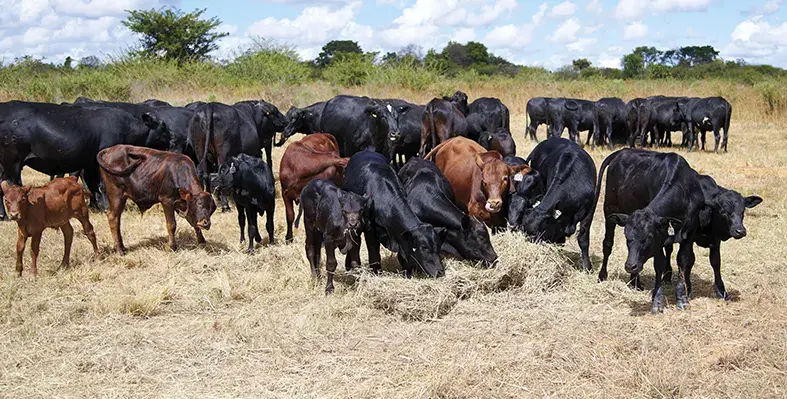The International Livestock Research Institute (ILRI) recently entered a collaboration aimed at reducing methane emissions from livestock
Backed by theBezos Earth Fund and theGlobal Methane Hub, IRLI's partnership with the new US$27.4mn global initiative will identify and scale climate-efficient livestock by providing ample support to research and breeding programmes across North America, South America, Europe, Africa, and Oceania.
ILRI’s leadership in the Global Methane Genetics Initiative, coupled with its contribution to the Low Methane Forage project highlights its central role in delivering integrated, climate-smart livestock solutions for the Global South. These two complementary efforts have enabled ILRI to tackle enteric methane emissions from both the genetic and nutritional fronts—two of the most promising and scalable strategies for mitigating livestock emissions without compromising productivity.
The genetics initiative enables African production systems to choose cattle breeds that naturally emit lower emissions, while the Low Methane Forage project identifies and deploys anti-methanogenic, high-yielding tropical forages suited for smallholder and pastoral systems. These projects in combination with each other demonstrate ILRI’s commitment to advancing science-based innovations that are practical, inclusive, and tailored to the realities of livestock keepers in Africa and beyond. By aligning research, capacity building, and deployment with national and regional needs, ILRI is helping to shape a sustainable future where livestock systems are both productive and climate resilient.
The initiative is also part of the Global Methane Genetics initiative that works by screening more than 100,000 animals, collecting methan emissions data and integrating findings into public and private breeding programmes. By making methane efficiency a standard part of livestock breeding, the initiative marks a turning point for climate-smart livestock development in Africa.
"By harnessing the power of genetics and data, we are equipping farmers with the tools to breed more productive, resilient, and lower-emission animals. It is a bold step towards aligning Africa’s livestock systems with global climate goals, while enhancing livelihoods and food security," said ILRI’s director general, Appolinaire Djikeng. "ILRI is proud to lead this effort in close partnership with national and international collaborators including Agriculture Research Council, South Africa, the Agricultural Research Centre for International Development (CIRAD), Burkina Faso and Universite d’Abomey-Calavi, Benin.”
In the long run, the approach will keep diets, infrastructure and productivity intact, while at the same time contributing to an overall 30% reduction in methane emissons in cattle over the next two decades. This also includes an annual reduction of 1-2%.





